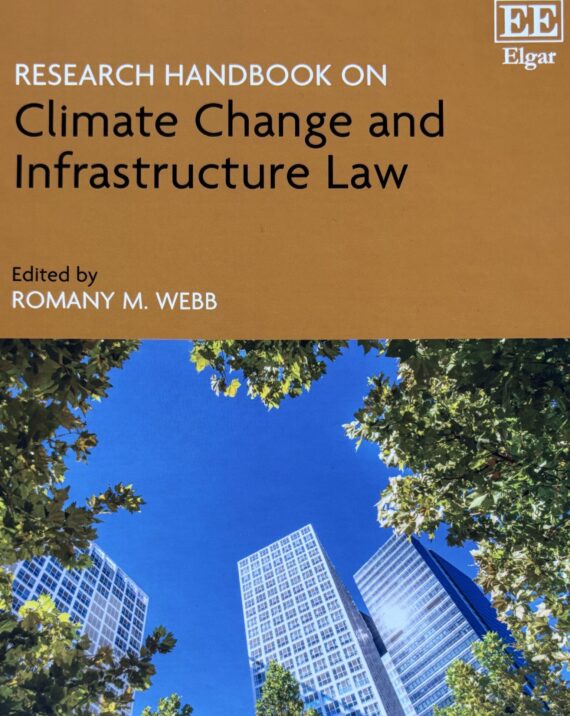The 30th Conference of the Parties (COP) to the United Nations Framework Convention on Climate Change (UNFCCC) reached a disappointing conclusion on Saturday. Just a few days earlier, things had looked promising. The COP President—Ambassador André Corrêa do Lago of Brazil—had proposed a draft decision recognizing the need for countries […]
Columbia Law School’s 14th Annual Sabin Colloquium on Innovative Environmental Law Scholarship will allow junior environmental law scholars to present early-stage work and receive constructive feedback from a panel of senior scholars and from each other. It will be held on Zoom on May 21-22, 2026. Eligible applicants are pre-tenure professors, […]
Today the Sabin Center for Climate Change Law published a report analyzing climate change lawsuits filed in United States courts while President Joseph R. Biden was in office. During the Biden administration, the federal government reversed course on the first Trump administration’s climate deregulation and embarked on a “whole-of-government approach […]
It is a basic principle of administrative law that, even after a jurisdiction enacts legislation, full implementation of the law typically depends on regulatory and other actions by executive branch agencies. This is particularly true in the context of environmental and climate change legislation, which are often especially complex and […]
Last week, the Sabin Center filed an amicus brief on behalf of the National League of Cities (NLC) and the New York Conference of Mayors (NYCOM) in the case Association of Contracting Plumbers of the City of New York v. City of New York, No. 25-977 (2d Cir. Apr. 21, […]
The Trump administration has undertaken a comprehensive effort to prevent the distribution of mandatory federal funding, including billions for climate programs. Attempts to cancel already-obligated federal funding awards have been among its most notable actions and have been met with a slew of lawsuits by aggrieved grantees, states, and other […]
Around the world, companies face claims that they have misled or deceived the public regarding the climate impacts of their products. While these cases might all be characterized as “climate deception” cases, there are meaningful distinctions in the plaintiffs’ allegations and claims. This post draws on recent and upcoming developments […]
Andrew Kieffer joined the Sabin Center in September 2025 as a Fellow with the Renewable Energy Legal Defense Initiative, which uses legal research and engagement to support siting utility- and community-scale renewable energy facilities and associated transmission and storage equipment. His work focuses on identifying legal pathways to challenge land-use and […]








